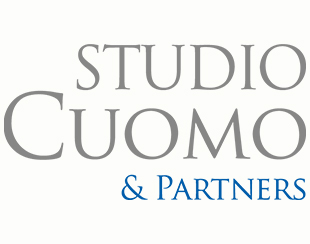
11 Mar examination of witnesses
The oral evidence in criminal proceedings is taken through the cross-examination of the witness, ie the set of rules by which the parties may ask questions directly and orally to the heads.
At the Judge has the direct control about the form, having the function of the Judicial ensure the relevance of questions, the genuineness of the answers, the examination fairness and correctness of disputes (art. 499, comma 6, c.p.p.).
The cross-examination is divided into three parts: direct examination, cross-examination and re-examination.
Direct examination is conducted by the party who has asked to question the witness; the cross-examination is possible, could the parties (different from the one that led the examination) ask questions to heads, the aim is to verify the reliability. The review is in turn possible, because it assumes that the cross-examination has been carried out and consists in part of the faculty who conducted the direct examination of further questions.
The direct examination has the purpose of allowing the representation in the hearing of the facts known by the heads; for this reason, They are prohibited suggestive questions or those that contain within them the answer.
The cross-examination may focus on the facts known to the heads and / or the credibility of the witness, and it can be designed to be contradicting the witness, then to lose credibility with the same, or obtain an alternative explanation of the facts. Unlike what is prescribed for direct examination, in cross-examination they are permitted suggestive questions, and this also in order to test the reaction of the witness and determine whether this fall or not in contradiction.
The review function is, instead, to allow those who have introduced evidence to recover the expected content, after the cross-examination sought to question the coherence and credibility of the witness.
The cross-examination can not be stopped. Parts, during the course of the cross examination, They may, however, move forward oppositions to applications, on which the judge decides immediately and without formalities.
On direct examination term and possible cross-examination and re-examination, the judge may ask the office to further questions heads.


